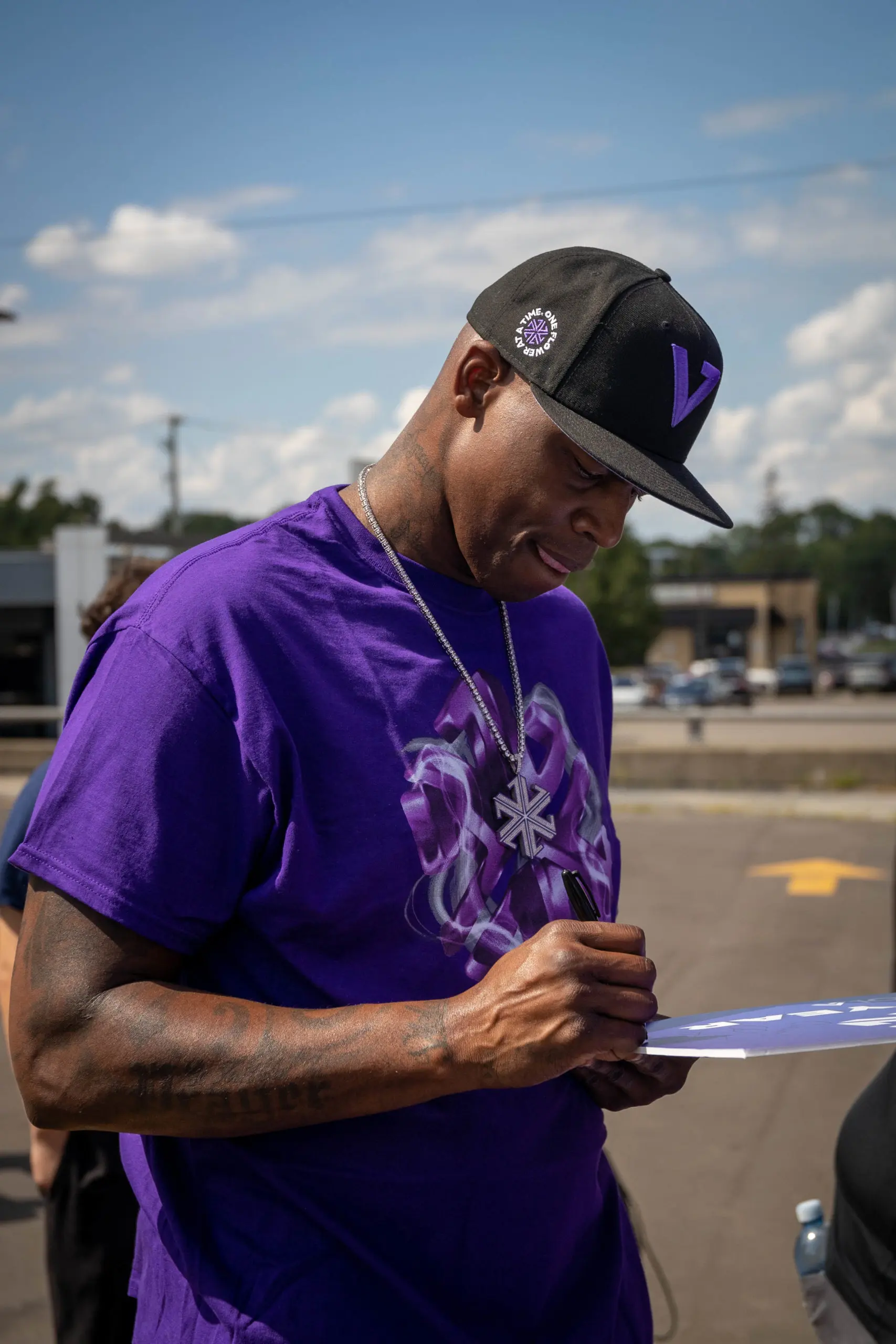Al Harrington went from an NBA star to perhaps an even bigger star in the cannabis world.
His Viola Brands has multiple farms across the United States, including a 46,000-square-foot cultivation facility in Detroit. Those facilities provide cannabis products to five states and Canada, with the potential to double that number by the end of next year.
Beyond working to change the perception of cannabis across the country, Harrington has an ambitious social justice program to help provide organic wealth to disadvantaged populations.
The 16-year NBA veteran established the brand in 2011 and, according to Forbes, has raised more than $34 million in equity and is valued at more than $100 million. Harrington owns approximately 40% of the venture himself and has a variety of former NBA players as investors, including Ben Gordon, J.R. Smith, Kenyon Martin and DeMarcus Cousins.
Harrington also enjoys collaborating with partners, including NBA Hall of Famer Allen Iverson. Harrington was in Grand Rapids this month for the opening of Noxx Cannabis Dispensary, 2440 28th St SE. Noxx itself includes a partnership with Forty Acres Enterprises and hopes to help nurture Black cannabis entrepreneurs.
GRBJ caught up with Harrington when he was in town to learn about his background and hope for the cannabis industry.
GRBJ: Why did you get into cannabis?
Harrington: My grandmother’s 79 years old and she came to Colorado to watch me play, but it was simply amazing she made it on an airplane. She gave me a whole list of things she was taking meds for, but one of the things that stuck out to me was glaucoma, because I had just read about someone who cured their glaucoma with cannabis.
I got to know something about it and told her. And then she was like, “What is cannabis?”
So, I said marijuana, weed. She laughed for five minutes, saying, “You want me to smoke reefer? You’re out of your mind if you think I’m smoking reefer.” Literally the next day, I come home from shootaround before a game, and she was saying how her eyes hurt her so bad and she can’t see.
I said, “Grandma, why don’t you try cannabis? It’ll be our secret. I won’t tell nobody.” She was like, “All right, I’ll try it.”
So, I called my boy and we went to the dispensary and got a strain called Vietnam Kush. Took her down to the garage and she started smoking. I took her downstairs and went to take a nap. After my nap, I went to take a shower, but as I was waiting for the shower, I thought about the first time I had ever smoked: paranoid. I go downstairs, I knock on the door. I don’t hear anything, knock again, and open the door. And then I see her sitting at the end of the bed, looking down. My grandma was looking down with her back toward me, so I said, “Grandma, what are you doing?”
She turned around and had tears in her eyes and said, “I’m healed. You know I haven’t been able to read the words in my Bible for three years.”
So, then we’re both crying. At that point it made me start researching and realizing we’ve been lied to for so long about cannabis.
GRBJ: Before we get into the business part of it, how have you seen the stigma change for athletes?
Harrington: The biggest thing you see is now none of the professional sports leagues test for it. Now for players you can see them outside the hotel, smoking like it’s a cigarette.
So just because of that, you see that we are going in the right direction. And look at the quality level of play across all sports, it’s not going down. Now, cannabis use is very prevalent in sports and guys are continuing to get better.
GRBJ: You had a couple of facilities in the pipeline when you spoke at an NBA Alumni event a couple years ago. What’s happened since then?
Harrington: We’re in five states and Canada. We have five more states set soon and Mexico in 2023. So, we’re going to more states next year. We’re just really trying to become a national brand, a part of the household that you can do that’s accessible. I’m really going to do that because it’s hard to build out all these facilities in every state. And we’re going to have to find some partners. That’s what we’re really focused on. We have one with GCI (Green Capital Investments), which we’re very excited about the whole thing. And we have a couple of things happening here I can’t speak on yet.
GRBJ: Between the stigma of the industry and the economic downturn, what’s it like getting funding now?
Harrington: Funding is very tough to get right now. It’s one of those things where we all kind of just said, you know, let’s just focus on what we have right now.
We’ll just weather the storm. We knew that this was going to come because it was just a lot going on. There were a lot of people doing bad business, as well. So, we’ve got to fight our way through it, and we will.
I would say good brands will win in the end. Really good cultivators will win as well. We are trying to figure out how to get aligned with those people who are great. How are we going to scale our business?
GRBJ: Can you talk a little bit about the social justice goals you have?
Harrington: One of the main ones, we want people to be let go who are in jail for nonviolent offenses. We see what’s happening with (WNBA star) Brittney Griner in Russia and see how wrong that is, so we should be able to acknowledge that in our country. We’re focused on ownership; we want people to have ownership. You think about the War on Drugs and how that affected the Black community — 85% of drug arrests in the Black community were marijuana related.
With that being said, we represent maybe 6% of the industry. That doesn’t add up. I’m trying to use my voice and platform to create these opportunities to uplift, empower, educate people of color so you can not only participate in the industry, but have ownership. And so, if we continue to roll out these programs, hopefully they continue to keep us in mind. It’s going to give us equity opportunities, which means, OK, not only give me access to a license, but also give me some type of access to funding and education, right? So that you can run these businesses, because this is generational wealth at risk if you don’t get it. And we’ve seen other industries before, whether that is rice, sugarcane, the lottery, liquor, where people of color were there founding those businesses, too, but were left out in the cold. We don’t want that with cannabis.







Our socials
Cookies Grand Rapids
NOXX 28th St
NOXX Plainfield
NOXX Cannabis - Grand Rapids Delivery
NOXX Ferndale
NOXX New Buffalo
NOXX E. Peoria
Cookies Baltimore